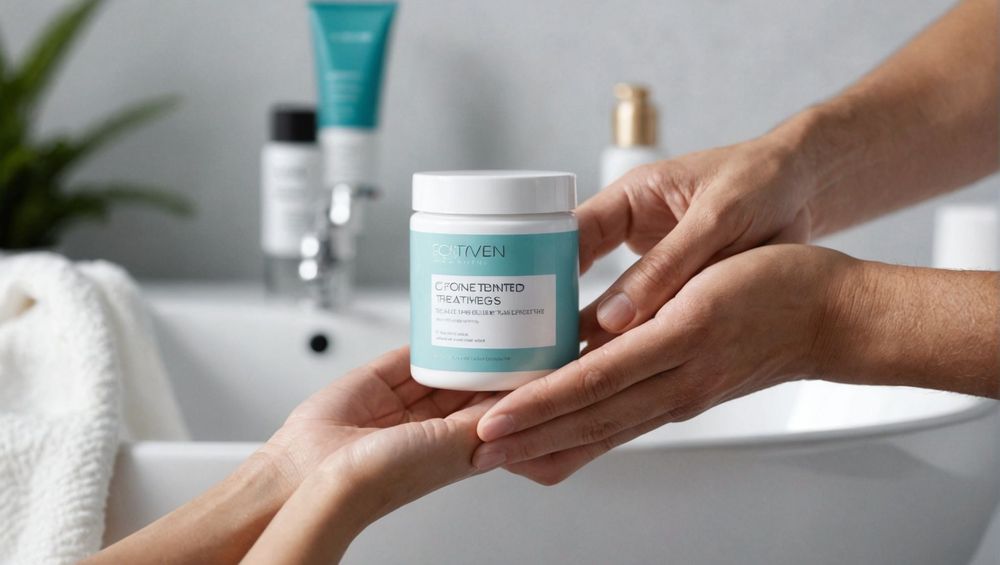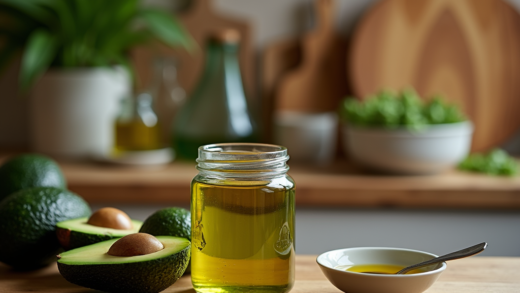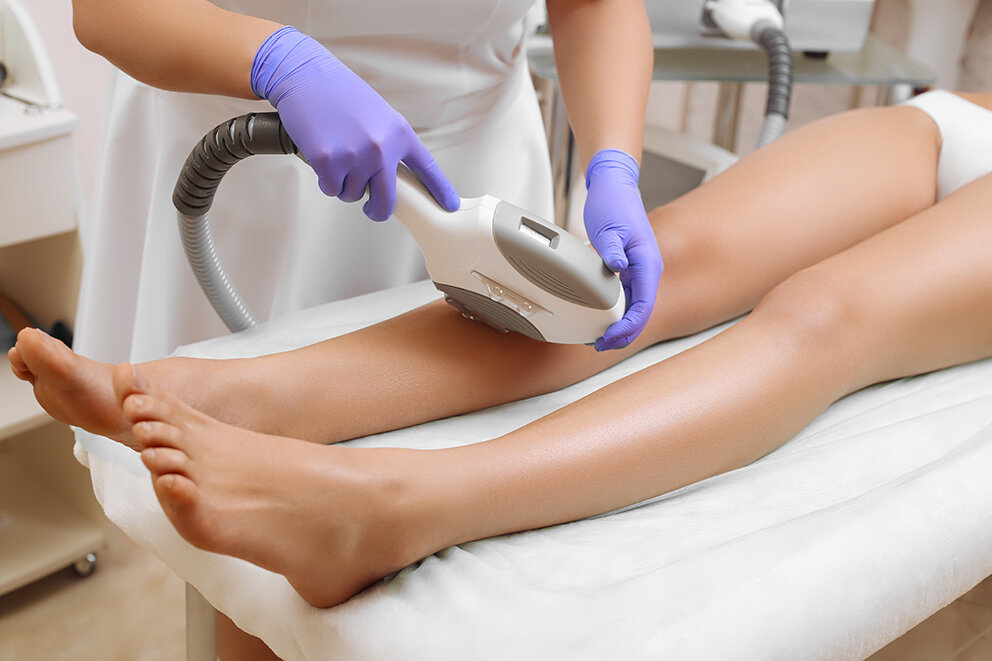Congested skin is a common issue that many individuals face, characterized by clogged pores that can lead to various skin conditions. Identifying whether you have congested skin can help you take the necessary steps to treat and improve your skin’s health. This article explores the signs of congested skin, its causes, effective remedies, and preventive measures to maintain a clear and radiant complexion.
Signs of Congested Skin
Recognizing the symptoms of congested skin is crucial for effective skincare. Here are the most common indicators:
- Clogged Pores: Noticeable blackheads or whiteheads may be visible on the surface of your skin.
- Uneven Texture: You may feel that your skin is bumpy or rough to the touch.
- Oily Shine: An excessive shine, particularly in the T-zone (forehead, nose, and chin) can indicate congestion.
- Breakouts: Frequent pimples or acne flare-ups can be a sign of skin congestion.
- Tightness or Sensitivity: Your skin might feel tight or overly sensitive after cleansing.
Causes of Congested Skin

Understanding what leads to congested skin can help in formulating effective treatment strategies. Congested skin occurs when dead skin cells, excess oil, and impurities build up in the pores. Here are some common causes:
- Poor Skincare Routine: Not exfoliating regularly or using heavy, comedogenic products can block pores.
- Environmental Factors: Pollution, humidity, and excessive sun exposure can contribute to skin congestion.
- Hormonal Changes: Fluctuating hormone levels, particularly during menstruation or puberty, can lead to increased oil production.
- Diet: Consuming a diet high in sugars and dairy can exacerbate skin conditions.
- Stress: Increased stress levels can lead to hormonal imbalances, causing skin issues.
Effective Remedies for Congested Skin
Once you’ve identified that your skin is congested, it’s essential to take action. Here are several effective remedies that can clear up your complexion:
- Regular Exfoliation: Utilize chemical exfoliants like AHAs and BHAs to remove dead skin cells.
- Clay Masks: Apply a clay mask once or twice a week to draw out impurities from your pores.
- Oil Cleansing: This technique helps dissolve excess oils and dirt without stripping your skin of natural moisture.
- Hydration: Use non-comedogenic moisturizers to keep skin hydrated and balanced.
- Professional Treatments: Consider facials or microdermabrasion for a deeper clean.
Preventive Measures for Healthy Skin

Preventing congested skin starts with adopting a consistent skincare routine and healthy lifestyle choices. Here are some effective prevention tips:
- User Non-Comedogenic Products: Always opt for makeup and skincare products labeled as non-comedogenic.
- Stay Hydrated: Drink plenty of water to help flush toxins out and keep your skin hydrated.
- Balanced Diet: Maintain a diet rich in fruits, vegetables, and lean proteins while minimizing sugary and oily foods.
- Avoid Touching Your Face: This can introduce new bacteria and oils that can contribute to congestion.
- Regularly Change Pillowcases: This reduces the accumulation of dirt and oil on your skin while you sleep.
Conclusion
In conclusion, congested skin is a common issue that can be effectively identified through specific signs and symptoms. Understanding its causes allows for effective treatment and prevention strategies. By following a proper skincare routine and making informed lifestyle choices, you can maintain a healthy, radiant complexion. Pay attention to your skin’s needs, and consult a dermatologist if congestion persists despite your efforts, as they can recommend tailored solutions.
FAQs
1. Can congested skin lead to more serious skin conditions?
Yes, if not addressed, congested skin can lead to more severe conditions like acne and skin infections.
2. How often should I exfoliate to prevent congested skin?
It’s generally recommended to exfoliate 2-3 times a week, depending on your skin type and the exfoliant you use.
3. Are there specific ingredients I should look for in products for congested skin?
Look for products containing salicylic acid, glycolic acid, and clay, which are effective in treating congested skin.
4. Can diet influence skin congestion?
Yes, a diet high in processed foods, sugars, and dairy can contribute to skin congestion and other breakouts.
5. When should I see a dermatologist about congested skin?
If congestion leads to frequent breakouts or doesn’t improve with over-the-counter treatments, it’s advisable to consult a dermatologist for professional advice.


